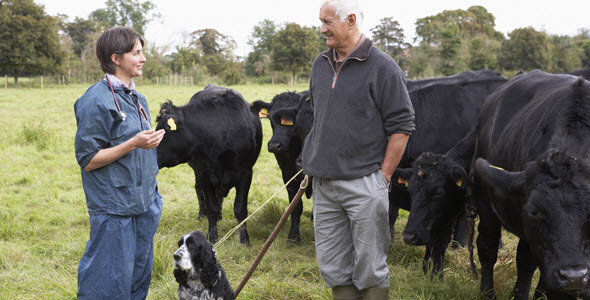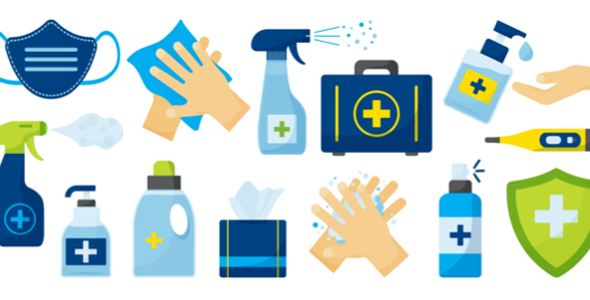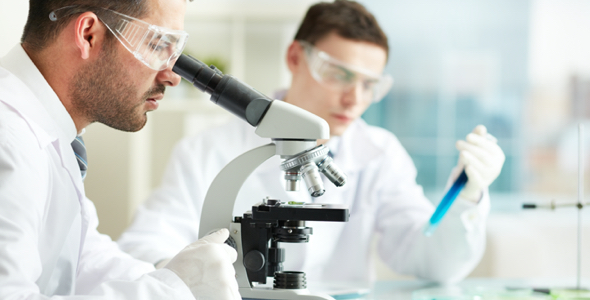Because microbes that infect animals can often infect humans as well, it is important to understand how antimicrobial resistance develops in animal populations, especially populations in close contact with people such as livestock.
Saving Lives and Healthcare Dollars with Infection Prevention Programs
The COVID-19 pandemic has shown the world how valuable and important infection prevention programs are. In addition to handling routine threats such as flu season and healthcare associated infections, infection prevention and control programs around the world have shifted into overdrive to fight the pandemic and keep communities healthy.
Sepsis Management and Antimicrobial Stewardship Programs: Strengthening the Relationship
Administering antimicrobial therapy is essential for treating the underlying infections that cause sepsis, but the protocols for doing so can, at times, clash with antimicrobial stewardship guidelines.
How Recent Research Has Paved the Way for Improvements in the Diagnosis and Treatment of Invasive Fungal Infections
The impact of fungal infections reaffirm the value of research into the ways that fungi infect humans, and how these infections can be detected, identified and treated.
The Value of Diagnostics in Combatting Antimicrobial Resistance – A Public Health Problem
At this year’s World Anti-Microbial Resistance Congress, Dr. Tristan Timbrook delivered a...
Lindsay Denny Discusses the Critical Role of WASH in Preventing Infectious Diseases and Fighting Antimicrobial Resistance
WASH, which stands for water, sanitation, and hygiene, are basic...






